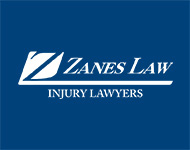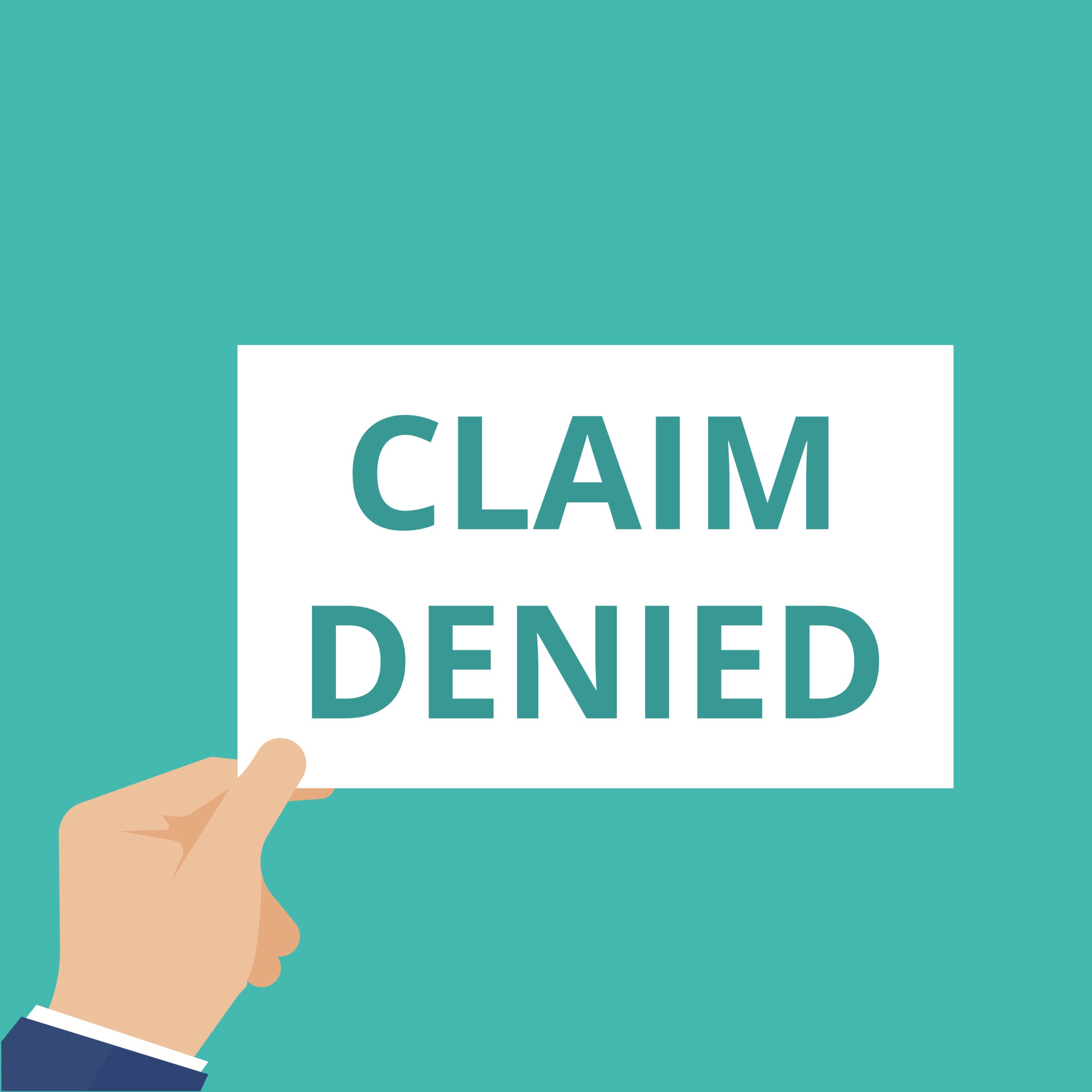![]() Contact Us (866) 499-8989
Contact Us (866) 499-8989
What if My Accident Claim Was Denied by American Family Insurance?
- First-Party Claims Vs. Third-Party Claims
- Disputing Insurance Claims
- Bad Faith Tactics
- Find Out About Legal Representation for an American Family Denied Accident Claim
If a car insurance company denies a claim, asking for an explanation and reviewing relevant documents is important. Additional evidence or statements may be needed to support your claim, and you may need to do some footwork to appeal their decision.
Even if they seem agreeable, always remember to get it in writing. Documented promises from the insurance company are better than verbal agreements.
If the company still denies the claim, you can take steps to appeal to the state’s Department of Insurance or take legal action with help from a Phoenix personal injury attorney. Let’s take a look at how you can get help if American Family Insurance denies your accident claim.
First-Party Claims Vs. Third-Party Claims
The distinction between a first-party claim and a third-party claim is crucial when negotiating with an insurer.
First-Party Insurance Claim
When you make a claim on your own insurance policy for losses or damages you’ve incurred, it’s called a “first-party claim.”
Third-Party Insurance Claim
If you suffer losses or damages and believe that another party is responsible, you can make a “third-party claim” with that person’s insurance provider.
A policyholder’s own insurance provider may be more amenable to working with the policyholder and providing the necessary coverage. Conversely, when you file a claim against a third party, the other driver’s insurance company may be more reluctant to pay out, and you may need to work harder to get compensated.
Speaking to an insurance claims attorney can give you a better idea of what to do next. Your lawyer can review the language of the policy and the details of your case to help you determine if legal action is warranted if American Family denied your accident claim.
For a free legal consultation, call (866) 499-8989
Disputing Insurance Claims
If your claim has been denied or they are offering a settlement that seems inadequate to cover your losses, it is possible to make a dispute.
Disputing accident insurance claim denial or settlement can be a tricky and frustrating process. There are steps you can take to challenge a claim denial or settlement offer:
- It is important to review American Family Insurance’s policy for any exclusions that may have applied to the particular accident in question. Your policy may not cover damages that occurred under certain circumstances.
- Review all documentation from the insurance company explaining the claim denial or payment amount. Note the reasons for their denial and think about what evidence you can provide that proves they are wrong in their decision.
- Gather all relevant evidence, such as receipts and photos of the damage, invoices or estimates for repairs, police reports, and other critical documentation.
If exchanging documents with an insurance representative still does not result in a favorable outcome, you should consider seeking outside advice from an attorney who works with insurance claim denials.
Bad Faith Tactics
Filing suit may be appropriate in certain instances, such as disputes involving bad faith tactics. Bad faith is when American Family or any other insurer behaves deceptively or doesn’t honor their agreement in an attempt to reduce or deny a claim.
Here are some examples of common bad faith insurance tactics:
- Unreasonable denials of claims – denying valid claims without proper investigation or justification
- Making unreasonably low settlement offers without fully evaluating the claim
- Intentionally delaying the payment of valid claims to increase the pressure on a claimant to accept a smaller amount
- Failing to keep the policyholder informed about the status of the claim investigation and delays
- Misrepresentation – giving false or misleading information to the policyholder about the claim or coverage.
- Unfair claim practices – engaging in deceptive practices or tactics that are misleading, fraudulent, or unethical
- Taking advantage of policy limitations or exclusions – aggressively applying policy limitations or exclusions to deny claims, even if valid under the circumstances
- Forcing policyholders into litigation – requiring policyholders to sue the insurance company to receive reasonable claim payments
These represent some of the most common bad faith practices insurance companies use to reduce payouts and losses. Policyholders who believe their insurer has acted in bad faith have legal recourse and can file a claim with their state department of insurance or sue the insurance company with help from a lawyer.
Click to contact our personal injury lawyers today
Find Out About Legal Representation for an American Family Denied Accident Claim
After an auto accident, many drivers choose to handle the insurance claims process themselves. The process can be time-consuming and full of potential pitfalls; however, it might be necessary to retain legal representation in some situations involving significant damage or injury.
The accident lawyers of Zanes Law understand the complex rules governing insurance policies and will help you protect your rights. We can review your claim and advise you regarding any offers made by insurers that may not adequately cover medical costs, lost wages, personal property damages, or future losses associated with the accident.
Our team can also make sure that all documents are properly completed and timely filed with your insurer so that you receive the compensation that you deserve. Contact us today to learn more about your options in a free case evaluation.
Call or text (866) 499-8989 or complete a
Free Case Evaluation form
 “After an Accident, Should I Bill My Health Insurance?”
“After an Accident, Should I Bill My Health Insurance?”
We get asked this question a lot, “After an accident, should I bill my health insurance?” To answer this question, we're posting Chapter 7 of Doug Zanes’ best-selling personal injury book
 “After an Accident, is the Insurance Company My Friend or My Enemy?”
“After an Accident, is the Insurance Company My Friend or My Enemy?”
We get asked this question a lot, “After an accident, is the insurance company my friend or my enemy?” To answer this question, we're posting Chapter 6 of Doug Zanes’ best selling
 Insurance Talk That Can Help Save You in More Than One Way!
Insurance Talk That Can Help Save You in More Than One Way!
It’s a topic we are always stressing over especially when it comes to our car insurance! Well Zanes Law decided it was time to sit down and talk… Actually we wanted to discuss ALL things
 Does Insurance Cover Dog Bites in Arizona? Yes!
Does Insurance Cover Dog Bites in Arizona? Yes!
Does Insurance Cover Dog Bites in Arizona? Yes! Dog bites are more common than you think… and unfortunately they often involve children This was confirmed as a 4-year-old boy was
Receive a Free, No-Obligation, Case Evaluation Now



